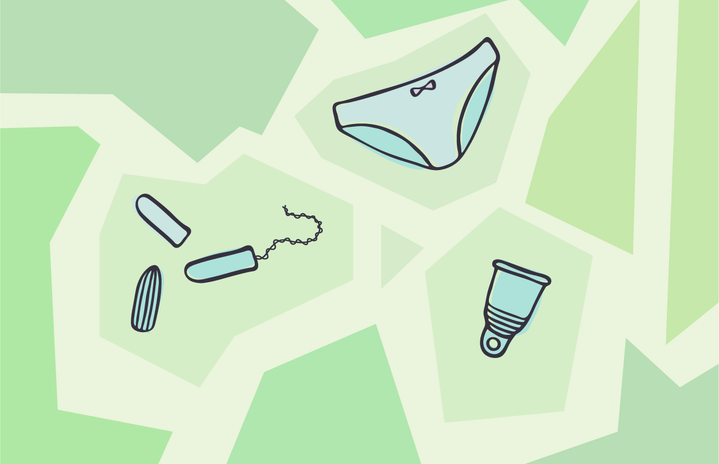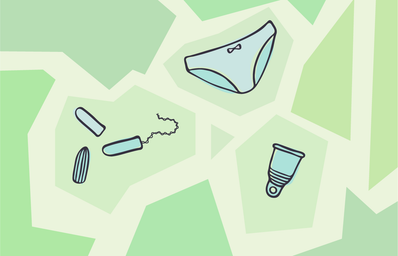Facing periods every month and the purchase of necessary hygiene products leads to bulk-buying and potential markup in the sanitary napkin market. The price of pads has not been as affordable as other daily necessities in recent years. Different categories of pads such as ‘daily’ and ‘night’ pads emerged, and they even need to be carefully selected in order to avoid physical allergies, infections, or discomfort.
In addition to cost, menstruation can bring a deluge of physical discomforts as well. A study conducted in developing countries found that 25-50% of adult women and 75% of adolescents have experienced menstrual pains, and 20% of them reported that severe dysmenorrhea prevented them from participating in normal activities. Some individuals have to stay in bed and take medication to get through their menstrual cycle. Meanwhile, menstruation is accompanied by common symptoms such as mood swings, breast pain, digestive problems, muscle pain, and headaches.

Period poverty is a global health problem affecting menstruators all around the world. At the same time, many people suffer from “menstrual shame” as well. But what is menstrual shame? In some regions, menstruation is stigmatized because it represents the impure women who are excluded from their communities. The harm caused by this cultural humiliation is always hard to estimate. Due to the lack of appropriate sex education, adolescents have a difficult time understanding this normal physiological phenomenon, which causes some young people to develop a strong sense of inferiority when they start menstruating.
There have been many discussions about the tampon tax all over the world. Many countries impose taxes on tampons, whereas other necessities and medical products are sold tax-free. One criticism is that such a tax puts an unfair burden on menstruators by adding an extra expense on a product that doesn’t have to be purchased by the entire population but is necessary for many people.
Period poverty and tampon taxes could take a long time to eliminate, yet it is comforting that the situation is improving in some places, such as Scotland. In 2019, Scotland passed legislation to make tampons and pads free in high schools and universities. However, many countries still have high tax rates on menstrual products, such as the 25% tampon tax in Denmark and Sweden.
The story between menstruators and pads may be long-drawn, but we’re willing to exhaust our lifetime to create pad miracles.



